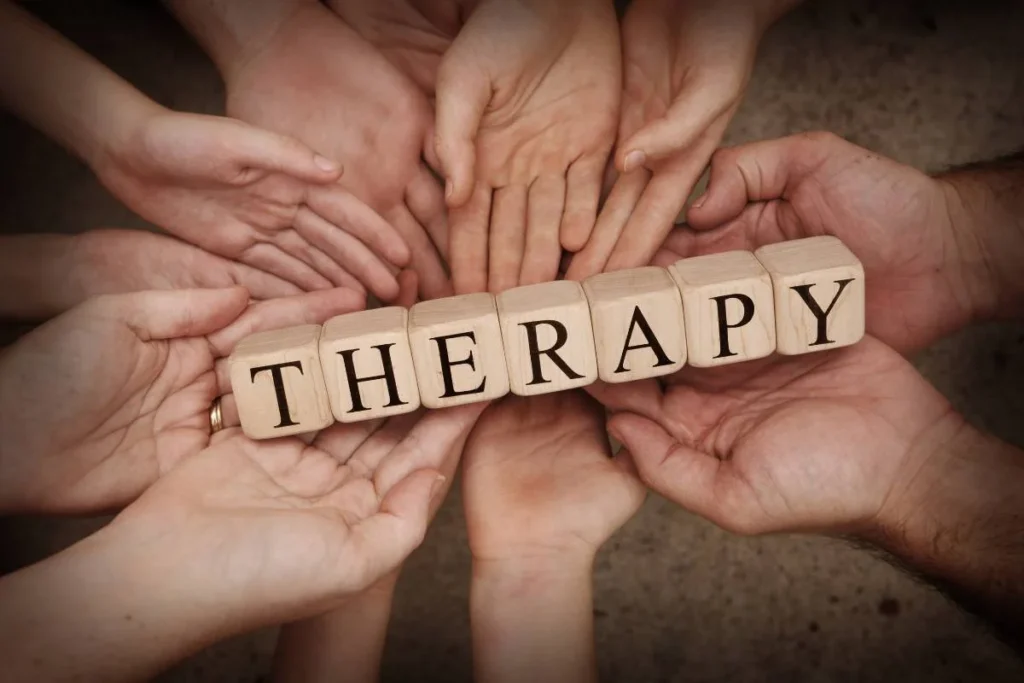Lewy Body Dementia (LBD) is a type of dementia that affects a person’s ability to think, remember, and move. It is caused by the buildup of abnormal protein deposits, called Lewy bodies, in the brain. These deposits can interfere with the normal functioning of nerve cells in the brain, leading to cognitive and physical symptoms.
LBD is a progressive disease that can be broken down into seven stages. The first stage is mild cognitive impairment, where a person may experience memory loss, difficulty concentrating, and mood changes. In the second stage, a person may start to experience visual hallucinations and have difficulty with executive function tasks, such as planning and organizing.
The third stage is characterized by movement problems, such as rigidity, tremors, and balance issues. The fourth stage is marked by significant cognitive decline, including difficulty with language and problem-solving. In the fifth stage, a person may experience delusions and further cognitive decline.
The sixth stage is characterized by severe physical and cognitive decline, including difficulty swallowing, incontinence, and loss of mobility. The final stage is end-stage dementia, where a person may be bedridden and require 24-hour care.
It is important to note that not everyone with LBD will experience all seven stages, and the progression of the disease can vary from person to person. If you or a loved one is experiencing symptoms of LBD, it is important to seek medical attention to receive an accurate diagnosis and appropriate treatment.
Early Stages of Lewy Body Dementia
Lewy Body Dementia (LBD) is a progressive disorder that affects the brain. It is characterized by the presence of abnormal protein deposits called Lewy bodies in the brain. The disease is known to have seven stages, with each stage presenting different symptoms and challenges. In this section, we will discuss the early stages of Lewy Body Dementia.
Mild Cognitive Impairment
The early stages of LBD are marked by mild cognitive impairment. This means that the person may experience memory loss, difficulty concentrating, and problems with language. They may also have trouble with decision-making, planning, and organizing. These symptoms may not be severe enough to interfere with daily activities, but they are noticeable to family members and friends.
Early Motor Symptoms
In addition to cognitive impairment, LBD can also cause early motor symptoms. These symptoms include tremors, stiffness, and slowness of movement. These symptoms are similar to those seen in Parkinson’s disease, which is another disorder that affects the brain. The person may also experience changes in posture and balance, which can increase the risk of falls.
It is important to note that not all people with LBD will experience the same symptoms or progress through the stages at the same rate. Some people may experience more cognitive impairment, while others may experience more motor symptoms. It is also possible for the symptoms to fluctuate from day to day.
In the next section, we will discuss the middle stages of LBD, which are characterized by more severe symptoms.
Middle Stages of Lewy Body Dementia
As Lewy body dementia progresses, individuals experience worsening cognitive abilities, increased motor symptoms, and behavioral and mood changes. These middle stages can be challenging for both the person with LBD and their caregivers.
Worsening Cognitive Abilities
In the middle stages of LBD, cognitive abilities continue to decline. The person may have difficulty with language, including finding the right words to use or understanding what others are saying. They may also struggle with memory and have difficulty with tasks that require planning and organization.
Increased Motor Symptoms
Motor symptoms, such as tremors and stiffness, become more pronounced in the middle stages of LBD. The person may have difficulty with balance and coordination, making falls more likely. They may also experience changes in their gait, such as shuffling or dragging their feet.
Behavioral and Mood Changes
Behavioral and mood changes are common in the middle stages of LBD. The person may become more withdrawn or apathetic, losing interest in activities they once enjoyed. They may also experience hallucinations or delusions, which can be frightening for both the person with LBD and their caregivers. Depression and anxiety are also common in the middle stages of LBD.
Caregivers should be aware of these changes and work closely with healthcare providers to manage symptoms and provide support. It is important to maintain a safe and comfortable environment for the person with LBD and to provide opportunities for socialization and engagement.
Advanced Stages of Lewy Body Dementia
As Lewy body dementia (LBD) progresses, the symptoms become more severe and debilitating. The advanced stages of LBD can be difficult for both the patient and their caregivers. In this section, we will discuss the three main aspects of the advanced stages of LBD.
Severe Cognitive Decline
In the later stages of LBD, patients experience severe cognitive decline. They may have difficulty recognizing loved ones and may be unable to communicate effectively. According to Healthline, patients in stage seven of LBD lose their ability to communicate and are often unable to walk. They require extensive assistance with life’s activities and often need round-the-clock care.
Significant Motor Impairment
In addition to cognitive decline, LBD also causes significant motor impairment in the advanced stages. Patients may have difficulty with balance and coordination, and their movements may become slow and rigid. According to the Lewy Body Dementia Resource Center, patients in stage six of LBD may need assistance with activities such as dressing and using the bathroom. They may also experience muscle stiffness and tremors.
Non-Motor Symptoms
LBD also causes a range of non-motor symptoms in the advanced stages. Patients may experience hallucinations, delusions, and paranoia. They may also have difficulty sleeping and may become agitated or aggressive. According to Mayo Clinic, patients in the later stages of LBD may also experience autonomic dysfunction, which can cause problems with blood pressure, heart rate, sweating, and digestion.
End-Stage Lewy Body Dementia
As Lewy Body Dementia progresses, the symptoms become more severe, and the patient requires more assistance. End-stage Lewy Body Dementia is the final stage of the disease, and it can last from a few weeks to several months. During this stage, the patient’s cognitive and physical abilities decline significantly.
End-of-Life Care
End-of-life care for patients with Lewy Body Dementia requires a multidisciplinary approach. The patient’s medical team, including physicians, nurses, and hospice workers, work together to provide comfort and support to the patient and their family. Palliative care is the primary focus of end-of-life care, and the goal is to keep the patient as comfortable as possible.
In some cases, patients with Lewy Body Dementia may experience a sudden decline in their health, which can lead to hospitalization. In these situations, it is essential to have a plan in place for end-of-life care. The patient’s medical team will work with the family to ensure that the patient’s wishes are honored.
Support for Families
End-stage Lewy Body Dementia can be emotionally and physically challenging for families. It is essential to have a support system in place to help families cope with the stress and demands of caregiving. Support groups, counseling, and respite care are all available to help families during this difficult time.
Families should also be aware of the legal and financial issues that may arise during end-of-life care. It is essential to have a plan in place for managing the patient’s finances and assets. This plan should include a power of attorney and a living will.
In conclusion, end-stage Lewy Body Dementia is a challenging time for patients and their families. However, with proper end-of-life care and support, patients can have a peaceful and comfortable transition.





